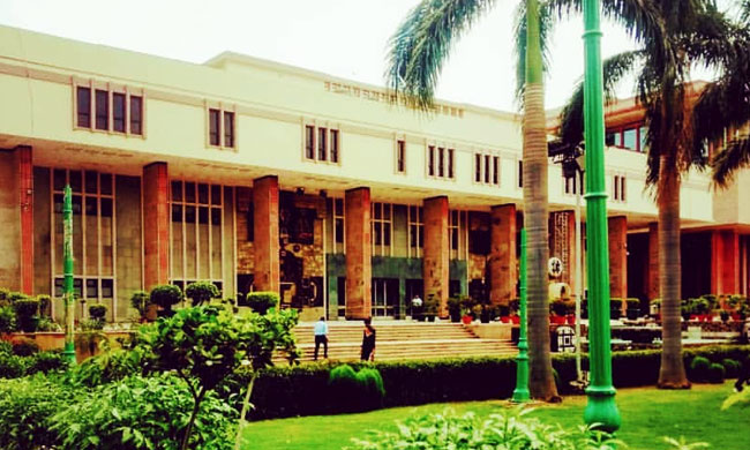A Public Interest Litigation (PIL) has been filed in the Delhi High Court seeking a writ of mandamus to the Union of India to prepare a model draft of Indian Civil Code "in spirit of Articles 14 and 44 of the Constitution of India within 3 months, while considering the best practices of all religions and sects, civil laws of the developed countries and international conventions, in order...

